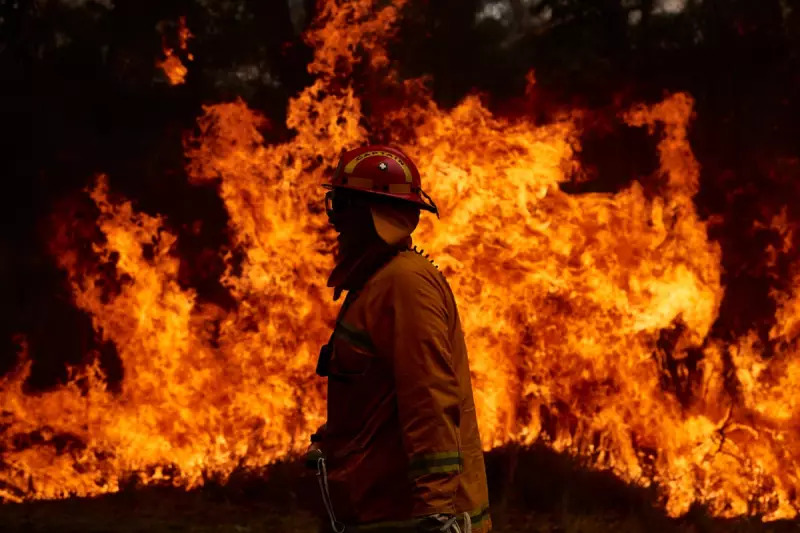
A sobering new report from the Australian government has laid bare the accelerating perils of the climate crisis for the island nation, presenting a critical test of its leadership's resolve. The comprehensive assessment details a future of intensifying extreme heat, devastating bushfires, crippling droughts, and rising sea levels that threaten coastal communities.
The findings serve as a formidable challenge to the current administration, which has faced criticism for its perceived hesitancy in transitioning away from fossil fuels and towards a robust renewable energy future. The document underscores a glaring gap between the stark scientific warnings and the pace of political action.
A Nation on the Frontline
The report positions Australia as particularly vulnerable to climate impacts. It forecasts significant economic disruption, with key industries like agriculture and tourism facing severe strain. The health sector is also warned to prepare for the broader effects of heat stress and the spread of tropical diseases into new regions.
Perhaps most alarming are the projections for the Great Barrier Reef, a natural wonder and economic asset, which remains under severe threat from recurring mass coral bleaching events driven by warming ocean temperatures.
The Political Chasm
While the government acknowledges the science, its policy response is now under intense scrutiny. Environmental groups and opposition parties argue that setting long-term targets is insufficient without clear, immediate plans to curb emissions from the coal and gas sectors.
The central question now is whether the government will meet this moment with the ambitious and decisive action the report implicitly demands, or if political and economic pressures will continue to stall a comprehensive response. The world is watching to see if Australia will become a climate leader or remain a fossil fuel laggard.





